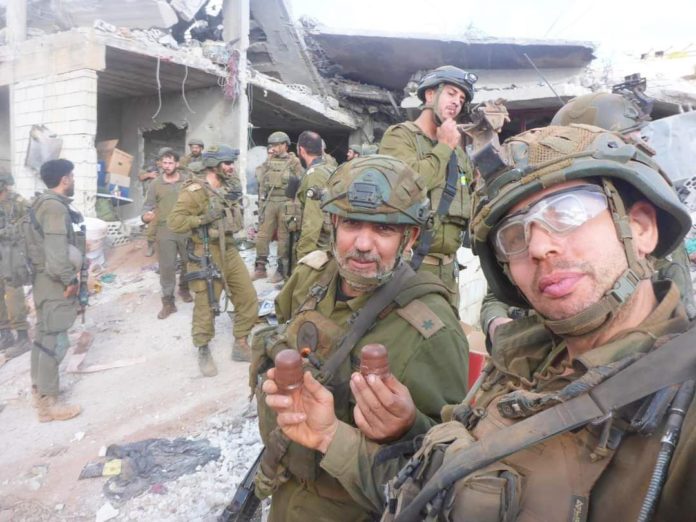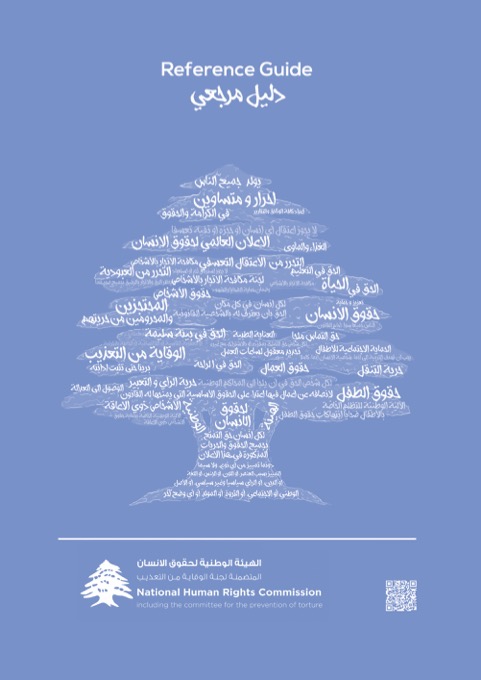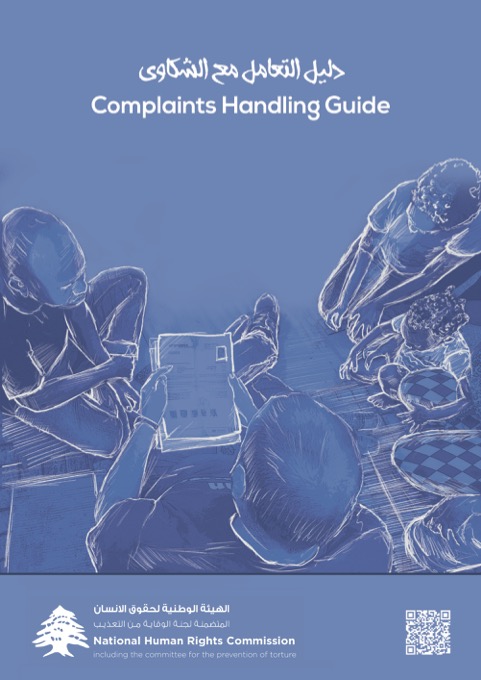هذه المقالة متاحة أيضًا بـ: العربية (Arabic)
The National Human Rights Commission, which includes the Committee for the Prevention of Torture (NHRC-CPT), has documented instances of Israeli occupation soldiers and officers violating the sanctity of homes, stealing, and tampering with civilian property in various border villages in southern Lebanon. Additionally, Israeli army officers engaged in acts of vandalism, such as writing on walls, celebrating, and dancing while destroying civilian property. These violations render those responsible liable to international criminal accountability, mainly if they are prosecuted before the International Criminal Court based on sufficient evidence of committing these crimes. Below are some violations and crimes that are criminalized under international humanitarian law and apply to these actions and practices:
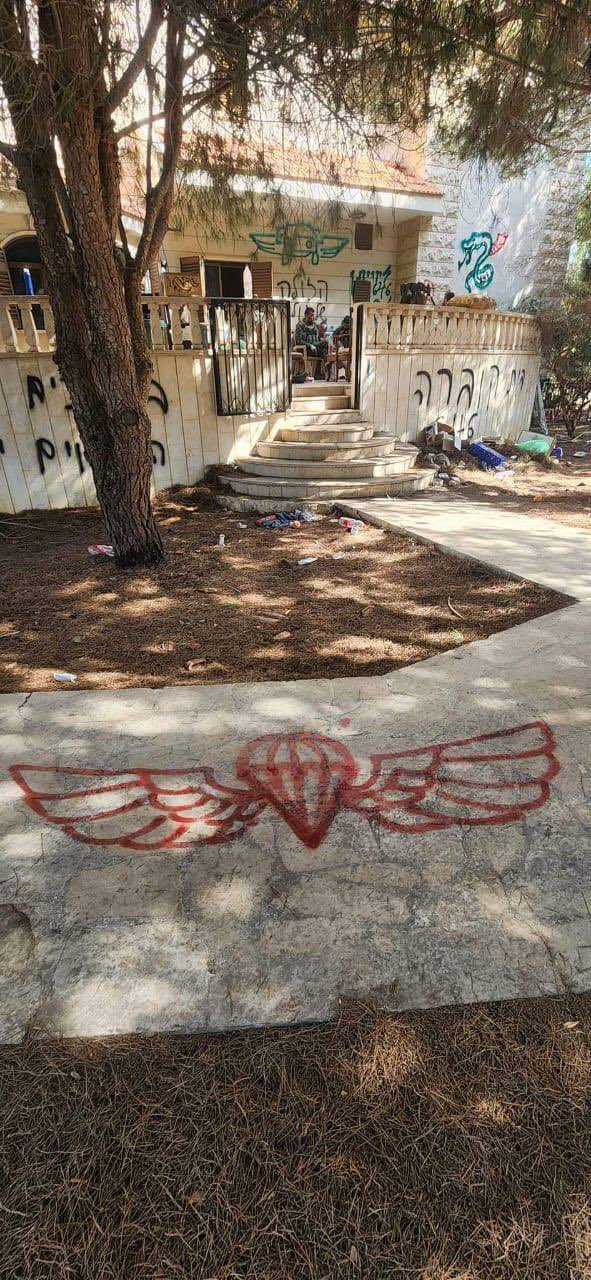
Violation of the Principle of Civilian Protection and Civilian Property
-
- Protection of Civilians: International humanitarian law, particularly the Geneva Conventions (1949) and Additional Protocol I of 1977, mandates the protection of civilians in armed conflicts and prohibits attacks that target or endanger them. Armies are required to distinguish between military targets and civilians and not to target civilians or their property.
- Civilian Property: Civilian property includes homes and personal belongings, such as furniture and tools, and must not be attacked or used for military purposes unless there is a strict military necessity. Tampering with civilian property is an unjustified attack on civilians and their property, which is prohibited under the rules of warfare.
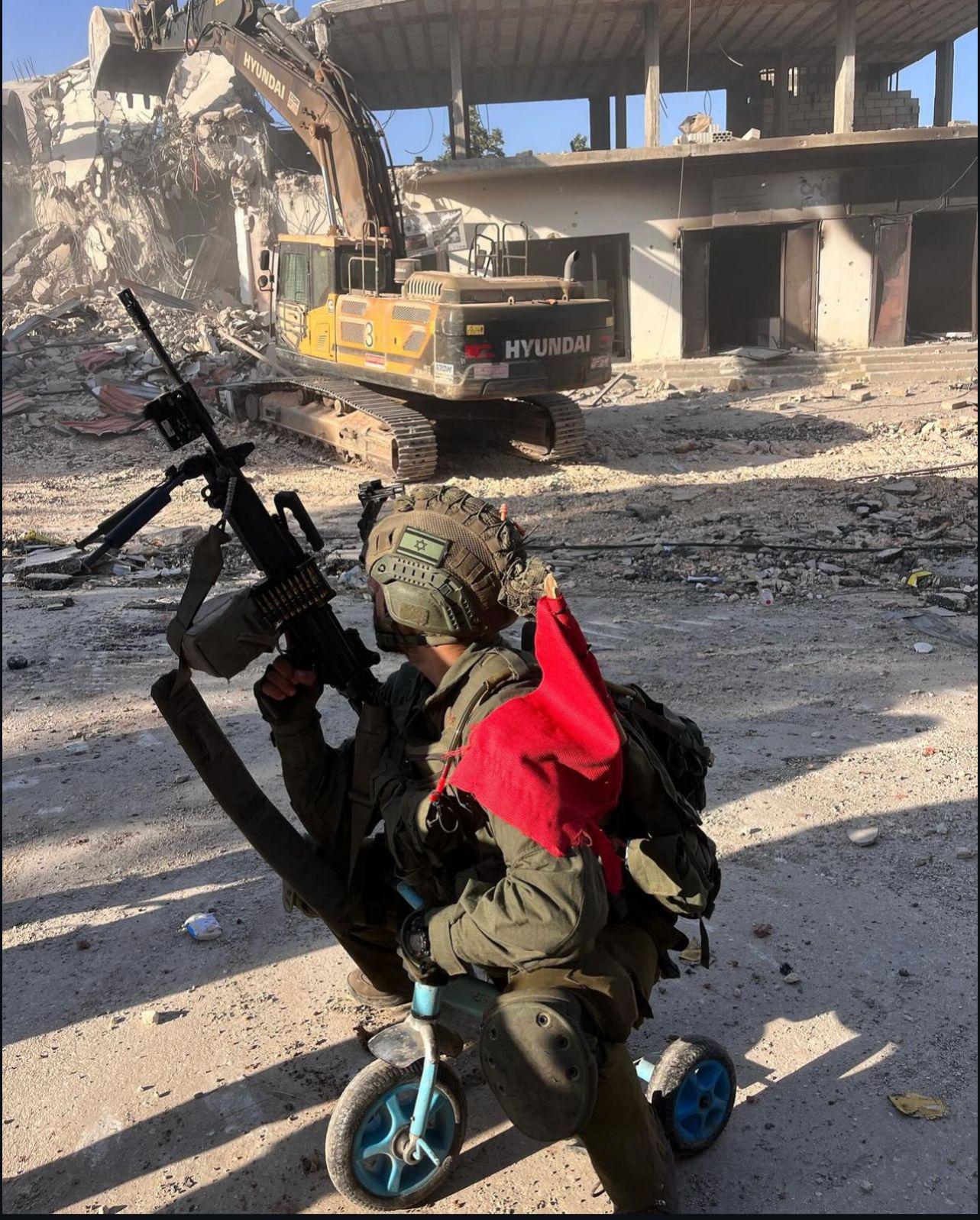
Crime of Looting or Illegal Appropriation of Civilian Property
-
- Definition of Looting: In international law, looting is the seizure of civilian property by force or coercion during armed conflicts. Under Article 8 of the Rome Statute of the International Criminal Court, looting is a war crime, which means that individuals involved in such actions can be prosecuted before the International Criminal Court.
- Impact of Looting: Looting has severe adverse effects on local populations, depriving them of their property, exposing them to poverty and economic collapse, and exacerbating their suffering under the difficult conditions of war.
- Criminal Responsibility: The crime of looting includes those directly involved and may also implicate military commanders if they were aware of these actions and did not prevent them.
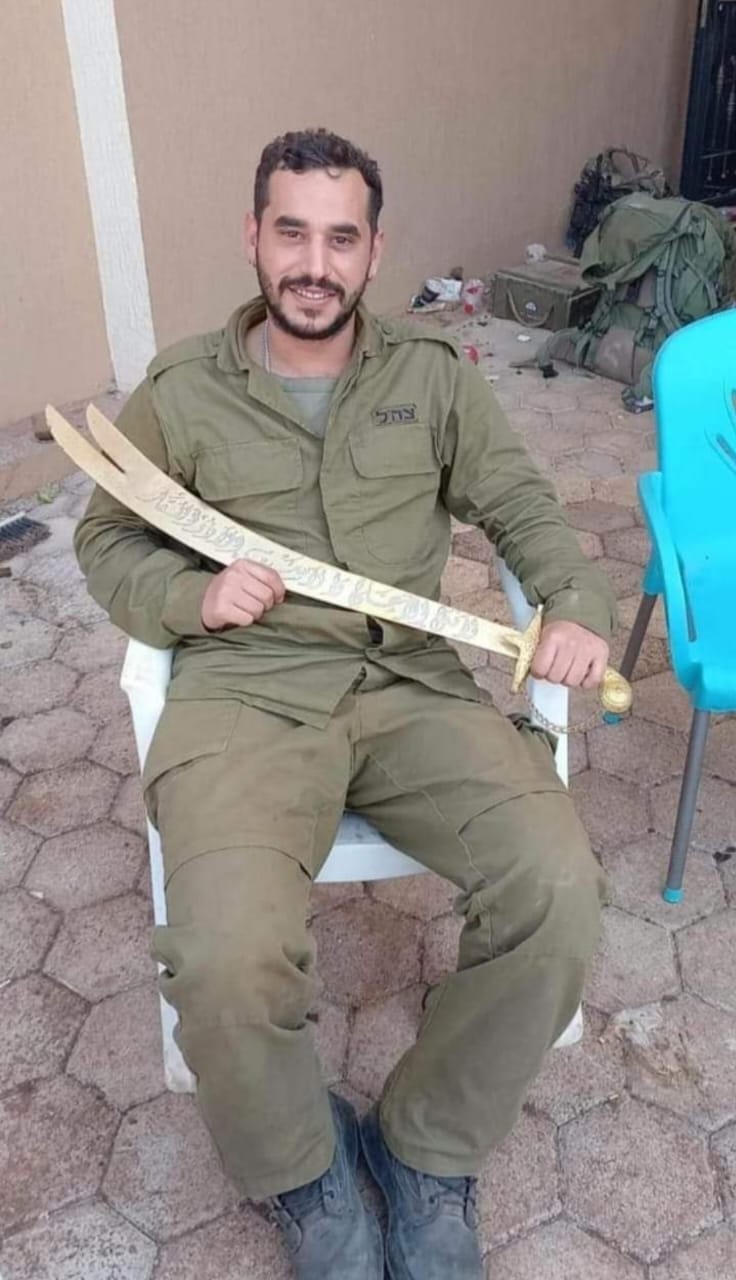
Violation of Home Sanctity and Human Dignity of Civilians
-
- Human Dignity: Respect for individuals’ dignity is one of the fundamental principles of international humanitarian law. When soldiers write on walls or engage in destructive celebrations, they violate the dignity of residents, humiliating them and contradicting humanitarian principles.
- Violation of Home Sanctity: Tampering with household contents directly infringes on the sanctity of homes and violates the principle of civilian protection stipulated in Article 27 of the Fourth Geneva Convention, which affirms civilians’ right to dignified living.
Unjustified Destruction of Property
-
-
- Absence of Military Justification: Unjustified destruction of property is considered a war crime if there is no compelling military necessity. Military forces are required to exercise caution and avoid destroying property that poses no military threat, such as homes, markets, and public facilities.
- Arbitrary Destruction: Indiscriminately destroying civilian areas or properties is a crime under the First Protocol of the Geneva Conventions. Such behavior is considered excessive use of force in conflict situations and is seen as a means of terrorizing the civilian population, thereby deepening their suffering.
-
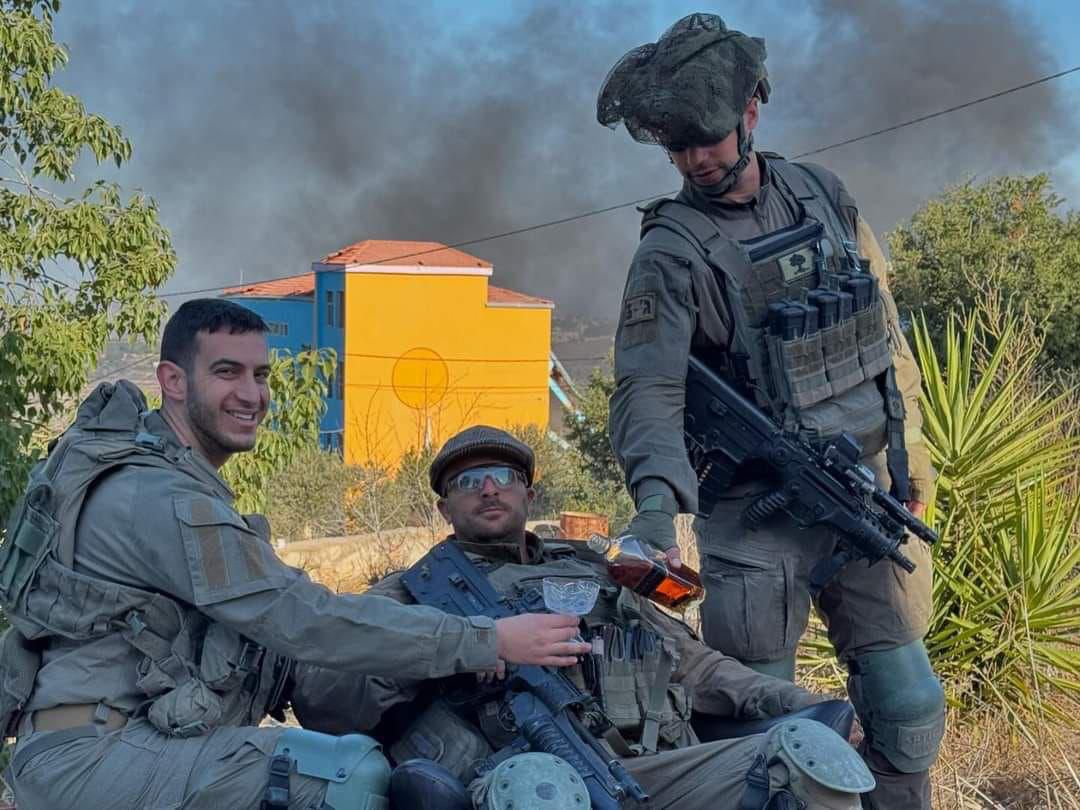
Deliberate Vandalism or Intimidation and Terrorization
-
- Deliberate Vandalism: Damaging civilian property, such as writing on walls or destroying furniture, can be a means of intimidating residents or asserting dominance. Such actions are often intended to send messages of fear and threats to the population, violating humanitarian principles.
- Psychological Harm: Destructive celebrations and tampering with homes have significant psychological effects on civilians, especially in times of conflict, causing them trauma and undermining their sense of security.
Legal Sanctions and Accountability
- International Prosecution: Individuals who commit these crimes can be prosecuted before the International Criminal Court, and unique or local courts may also be established to hold those responsible for these violations accountable.
- Command Responsibility: International humanitarian law holds military commanders responsible for the actions of their subordinates, especially if they were aware of the violations or failed to take necessary measures to prevent them.
Impact of These Violations on Civilians
- Psychological and Material Harm: Civilians suffer severe psychological effects from random destruction and theft of their property, adding to their suffering amid war.
